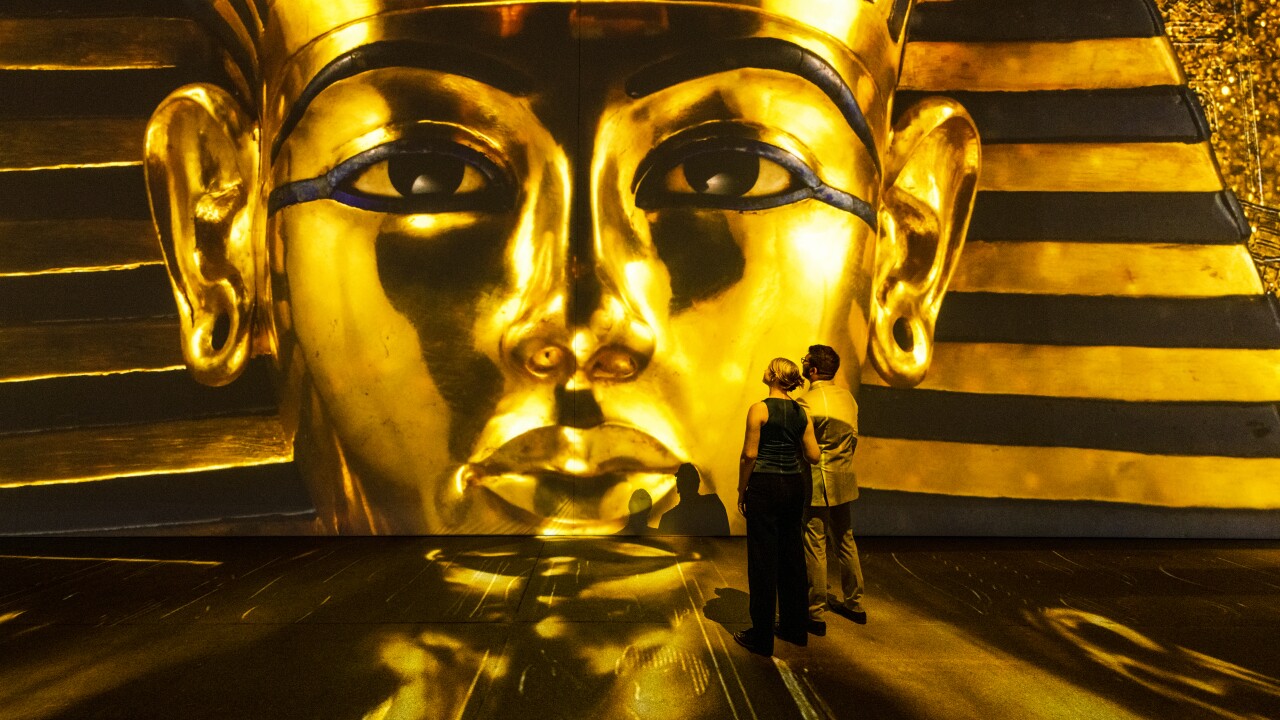
In the annals of ancient military history, the Battle of Megiddo stands as a legendary conflict that marked a turning point in the Egyptian conquests of the New Kingdom era. This monumental battle, fought under the leadership of Pharaoh Thutmose III, showcased tactical brilliance, strategic planning, and the might of the Egyptian military machine. Join us as we journey back to the ancient battleground of Megiddo to witness the clash of empires and the triumph of Pharaoh Thutmose III.
1. Background and Setting
The Battle of Megiddo took place around 1457 BCE in the region of modern-day Israel, near the ancient city of Megiddo. The city was strategically located on a major trade route, making it a crucial hub for commerce and military movements. Control over Megiddo held significant importance for both the Egyptian empire and its rivals.
2. The Rivalry
Thutmose III, often referred to as the “Napoleon of Egypt,” aimed to expand Egypt’s influence beyond its borders. His ambitions brought him into direct conflict with a coalition of Canaanite city-states, led by the city of Kadesh, and the powerful kingdom of Mitanni. The Battle of Megiddo was a culmination of tensions that had simmered for years.
3. Thutmose III’s Strategy
Thutmose III’s strategic brilliance lay in his ability to analyze the terrain and anticipate his enemy’s movements. He exploited a narrow mountain pass to approach Megiddo, catching the enemy by surprise and denying them the advantage of a united front. This maneuver showcased his meticulous planning and adaptability.
4. The Battle Unfolds
As Thutmose III’s forces descended upon Megiddo, they engaged in a fierce clash with the coalition forces. The Egyptian army, with its well-disciplined infantry and chariot units, managed to outmaneuver the enemy and disrupt their formations. Thutmose III personally led his troops, inspiring them to fight fiercely for victory.
5. Decisive Victory
Despite the fierce resistance, the Egyptian forces secured a decisive victory at Megiddo. Thutmose III’s tactical prowess and the superior training of his troops allowed them to break the enemy lines and scatter their forces. The battle resulted in the capture of the city and a significant expansion of Egyptian territory.
6. Legacy and Significance
The Battle of Megiddo left an indelible mark on history. Thutmose III’s conquest of Megiddo and subsequent campaigns further solidified Egypt’s dominance in the region. The battle’s fame was immortalized through inscriptions and reliefs on the walls of Karnak Temple, detailing the pharaoh’s triumph and the spoils of war.
7. Contemporary Influence
The Battle of Megiddo’s legacy extends beyond ancient times. The term “Armageddon,” often associated with a cataclysmic event, has its origins in the ancient city of Megiddo. This illustrates the battle’s enduring impact on collective consciousness and its incorporation into cultural and religious narratives.

